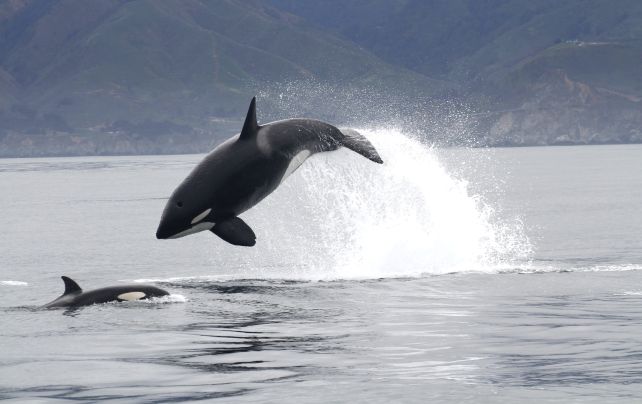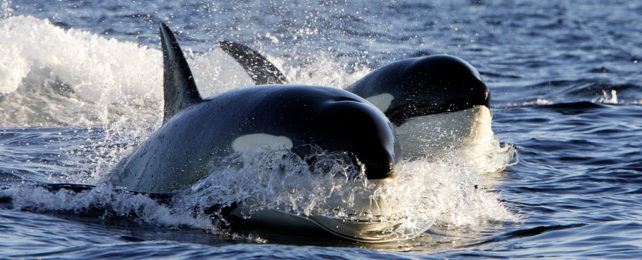The Mediterranean yachting season has kicked off for the summer – and it didn't take long for another yacht to fall victim to a killer whale encounter.
A group of orcas sank a 50-foot sailing yacht in Moroccan waters on Sunday in the latest of several similar incidents involving the highly social species that have occurred over the past four years.
An unknown number of orcas were involved in the incident, which took place in the Strait of Gibraltar, Spain's maritime rescue service said Monday, according to Reuters.
The incident is the most recent in a spate of bizarre orca encounters with boats that have been on the rise in recent years, primarily in Mediterranean waters south of Spain, where many yachts cruise during the summer months.
Two passengers were on board the Alboran Cognac around 9 am local time on Sunday when they felt sudden hits to the hull and rudder, Reuters reported, citing the maritime service. Water soon started to pour into the yacht.
A nearby oil tanker came to the people's rescue, saving them from the waterlogged ship and delivering them to land.
But the yacht wasn't as lucky. The Alboran Cognac stayed adrift for a time until it ultimately sank.
Since 2020, hundreds of similar encounters between boats and orcas have been documented off the southern coasts of Spain and Portugal, often near the Strait of Gibraltar.
And it's not just yachts. The orcas have also rammed into sailboats, and some mariners have even created heavy-metal playlists in hopes of deterring the killer whales – though experts say it'll do little to help.
Researchers say the clashes typically follow a similar pattern, with a killer whale repeatedly ramming into the rudder of a ship, often until it breaks and the boat is stranded.
Most of the time, the ships are able to escape with minimal damage, but several boats have sunk.

While the so-called orca "attacks" may appear violent, marine biologists have said it's unlikely the encounters are actually malicious. Several experts told Business Insider last year that the orcas are probably just playing.
Andrew Trites, director of the Marine Mammal Research Unit at the University of British Columbia in Canada, said ramming into the boats may simply be a "playful activity that's gotten way out of hand."
Researchers have also said the killer whales may be learning the behavior from each other through simple imitation.
This article was originally published by Business Insider.
More from Business Insider: